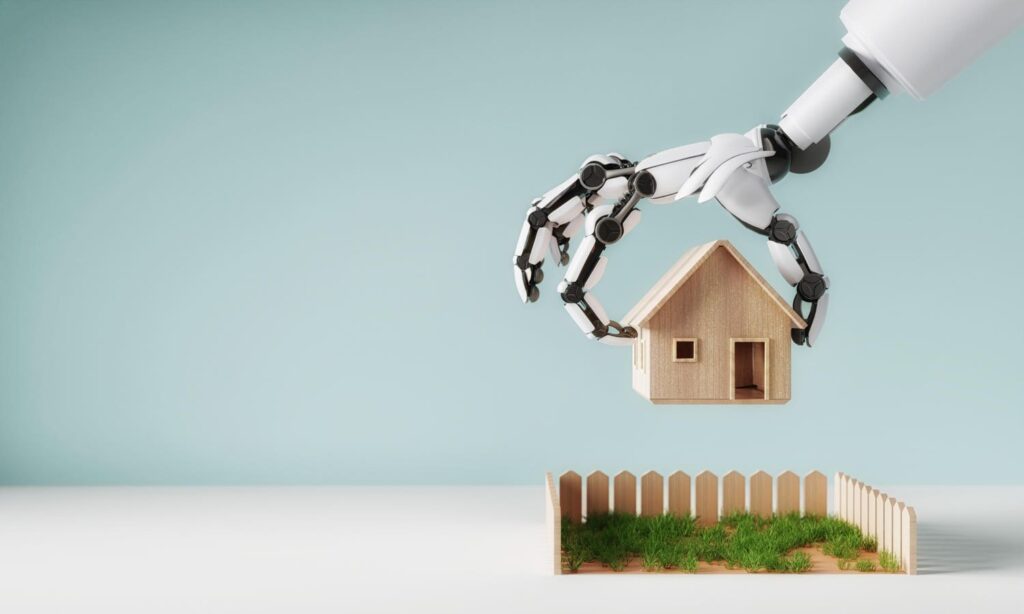
AI and Cybersecurity: The Good, the Bad, and the Future
The rapid advancement of artificial intelligence (AI) has significant implications for cybersecurity. In this article, we’ll explore both the positive and negative impacts of AI on the digital security landscape.
On one hand, AI can be a powerful ally in defending against cyber threats. Its ability to process vast amounts of data, identify patterns, and learn from experiences makes it an effective tool in detecting malicious anomalies, automating incident response processes, and improving threat detection. AI-powered tools can also analyze emails and websites with unprecedented accuracy, reducing the risk of phishing attacks and other forms of cyber exploitation.
Moreover, AI can monitor user behavior to detect insider threats and prevent data breaches by identifying deviations from normal patterns. This technology can also be used to prioritize vulnerabilities in software and systems, allowing for timely patching and mitigation. Additionally, AI-driven SIEM (Security Information and Event Management) tools can streamline log analysis, threat correlation, and alert prioritization, enabling security analysts to focus on more complex tasks.
On the other hand, AI is also a double-edged sword that can be used by attackers to launch advanced persistent threats (APTs), create malware that adapts and evolves to evade detection, and automate various stages of the attack lifecycle. AI-powered botnets can overwhelm defenses and disrupt services, while AI-generated deepfakes can manipulate public opinion or impersonate individuals for malicious purposes.
The Future of AI in Cybersecurity
As we move forward, it’s essential to acknowledge that both defenders and attackers will utilize AI. This creates an “AI arms race” where cybersecurity professionals must innovate and adapt continuously to stay ahead of the curve.
In the future, collaboration between cybersecurity experts and AI researchers will be crucial in harnessing the potential of AI for defense and counter-attacking AI-powered threats. Moreover, addressing ethical concerns such as bias in algorithms, misuse, privacy, and civil liberties will be vital in ensuring a responsible use of AI.
Regulations and guidelines must also be developed to prevent the misuse of AI in cybersecurity and ensure accountability. The future of cybersecurity depends on our collective ability to harness the power of AI for good while mitigating its negative impacts.
In conclusion, AI is undoubtedly a game-changer in the world of cybersecurity. While it provides powerful tools to detect, prevent, and respond to threats, it also empowers attackers with superpowers to breach defenses. How we use AI will determine the future of cybersecurity, and it’s essential that we address both the positive and negative consequences of this technology.
Source: www.forbes.com


